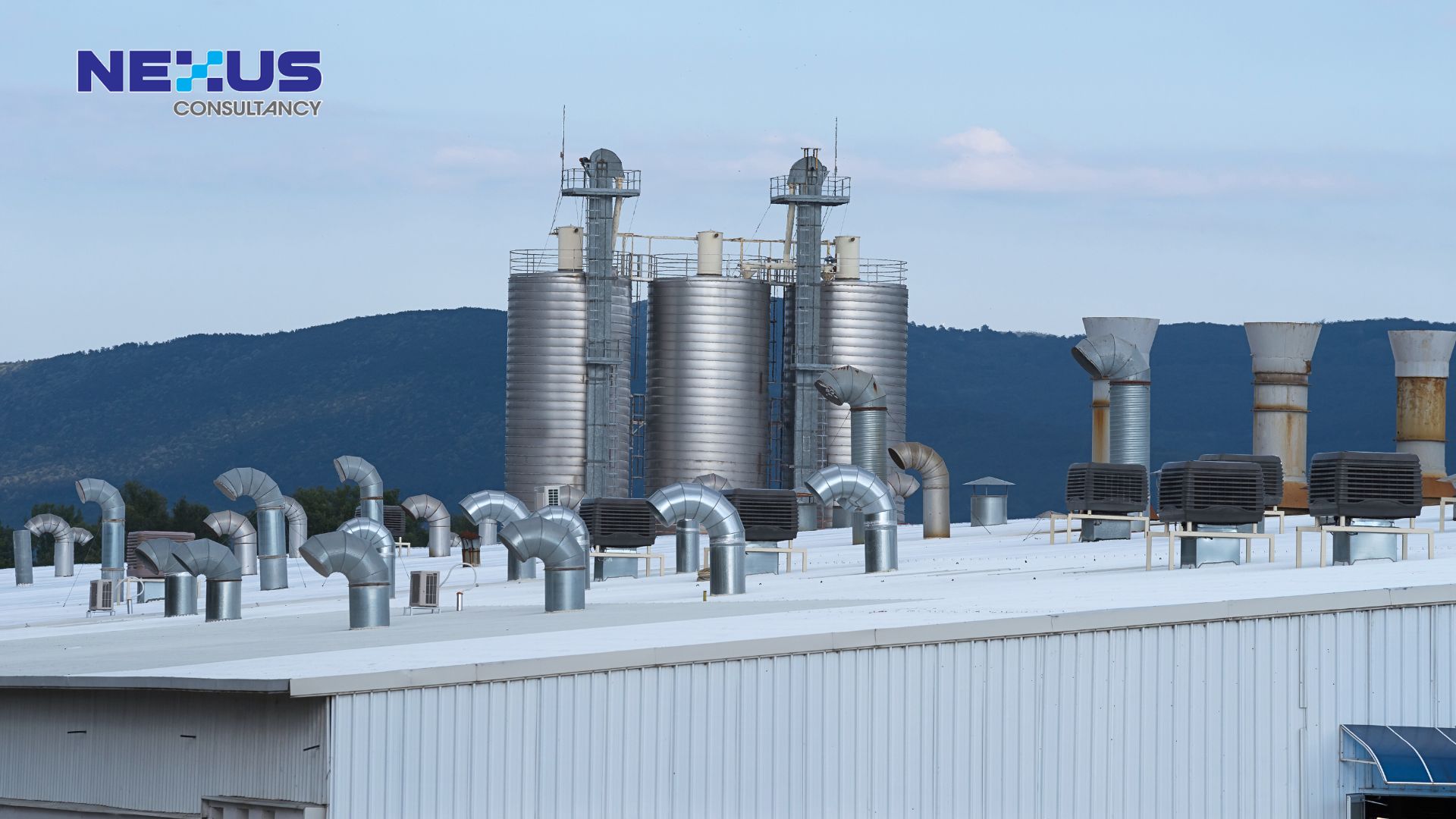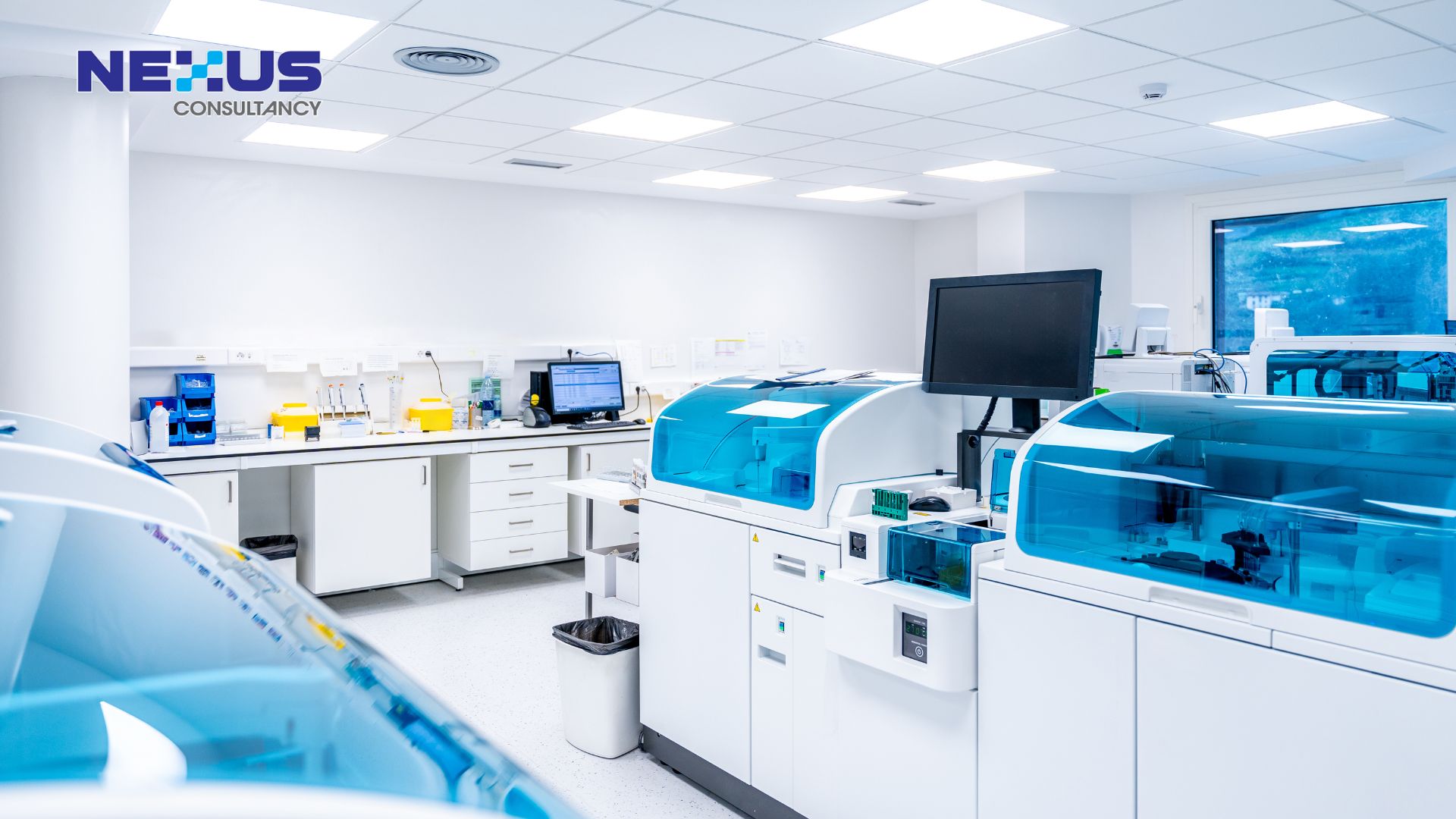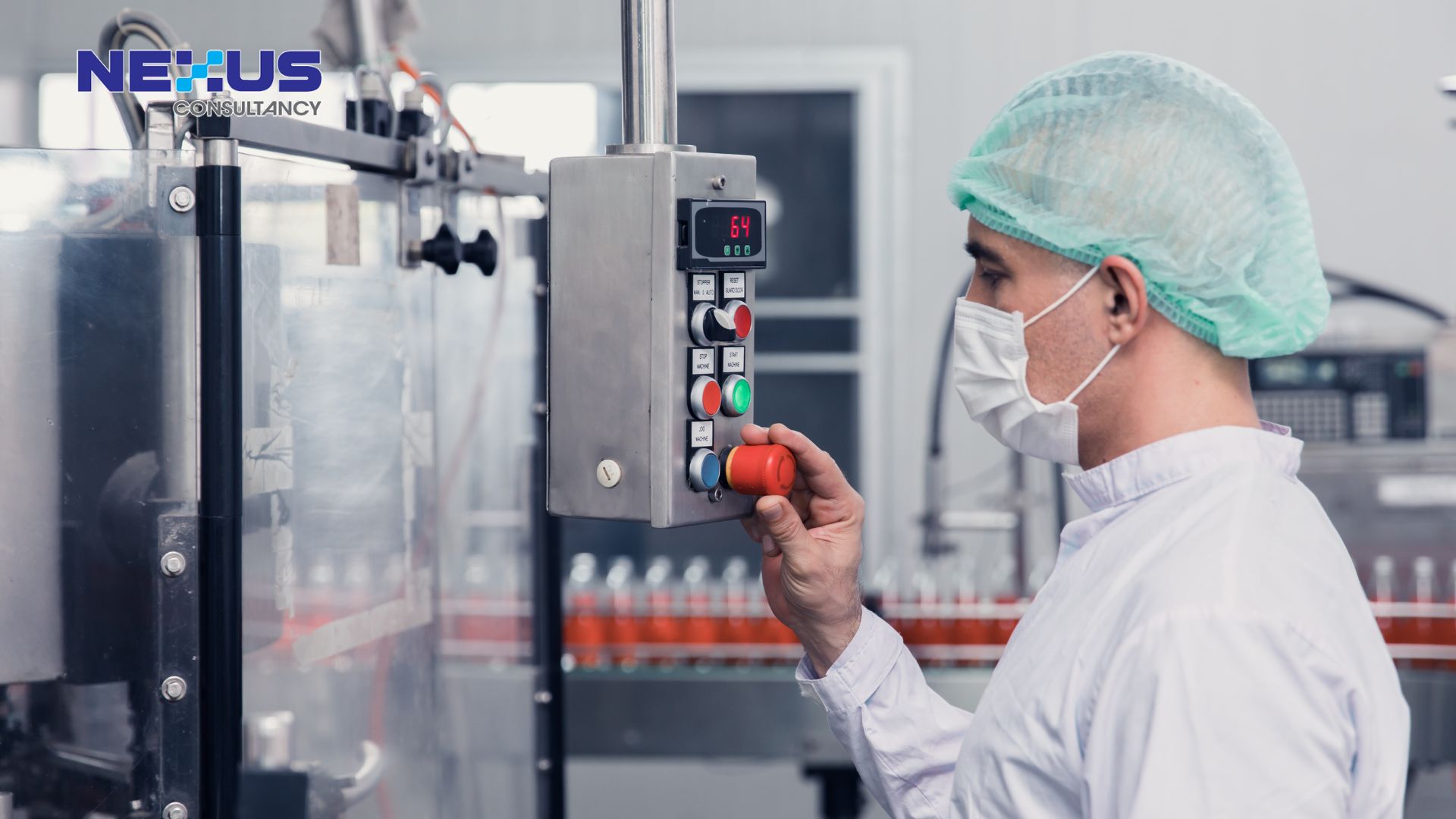
Bella Lim
Management Consultant
GMP are rules, codes and guidelines that govern the operating conditions in a food premise to enable safe food production. They are also essential to meeting food legislations (Food Act 1983, Food Regulations 1985 and Food Hygiene Regulation 2009) which are regulated by Food Safety and Quality Division (FSQD) of the Ministry of Health (MOH).
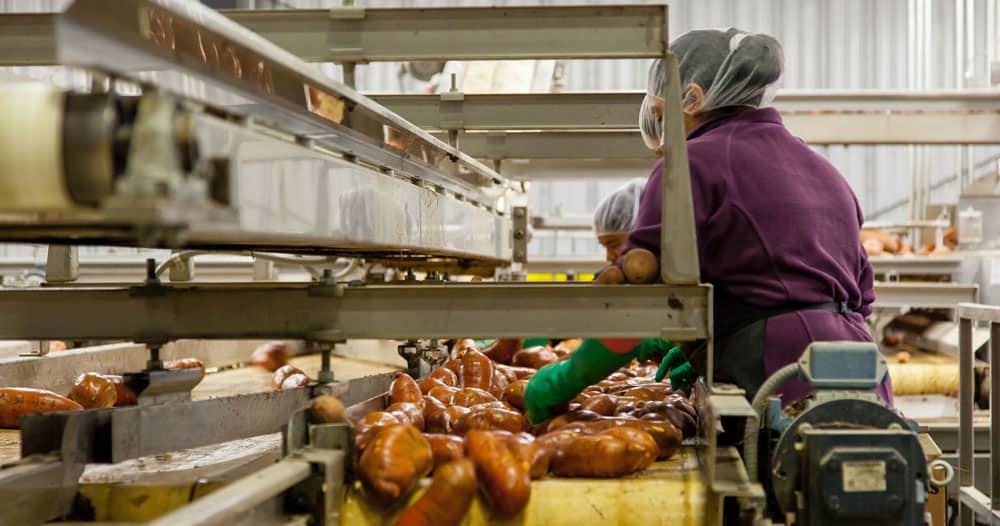
Good Manufacturing Practices in Food Industry Manufacturers
In a globalized world, food safety can be compromised anywhere in the entire food supply chain. Compromised food products not only can cause harm to the consumers, but also negatively impact customer confidence in your business and your brand.
Therefore, manufacturers need to take necessary steps to protect the customers from foodborne illness and foster customers’ trust. One way to do that is by implementing Good Manufacturing Practices (GMP).

Malaysia Standard 1514:2009 GMP is the requirements standard defined by MOH. This standard generally address:
- Environmental control (premises): location, design and construction of the building and its interior, equipment, water supply
- Equipment maintenance: procedures describing preventive maintenance and calibration of all the equipment and instruments that can affect food safety (eg: thermometers, weighing scale)
- Cleaning & Sanitation: cleaning and sanitizing procedures in place to ensure cleanliness of the food premises, equipment, utensils, floors, walls and ceilings.
- Waste Management: the identification and storage of waste within and by the food industries.
- Pest control program: an effective pest control program implemented within the food premises and surrounding to prevent pest infestation.
- Personal Hygiene: personal cleanliness, hand washing, proper attire, injuries and wounds, evidence of illness, visitor access control
- Storage and transportation: inspection procedures for transport vehicles; loading, unloading and storage practices; inspection procedures for incoming products; chemical storage;
- Recall and traceability: procedures that ensure final products are coded and labelled properly; incoming materials; in-process and outgoing materials are traceable; recall system is in place and tested for effectiveness (ex: procedures for mock recalls).
- Training: training program shall be in place for all staffs involving in processing.
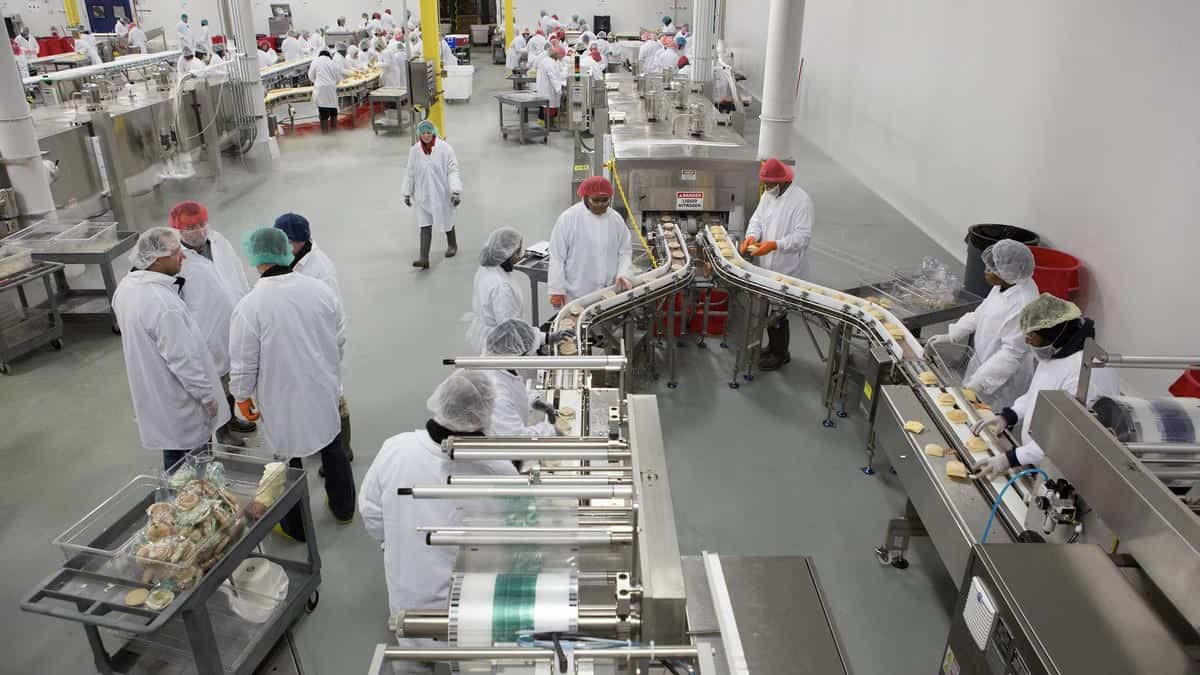
GMP enables the manufacturer to ensure the proper design, monitoring, and control of the manufacturing processes and facilities. Companies that adhere to these standards help to assure the identity, strength, and quality of their products. When implemented, GMP can help to cut down on facility losses and waste. They also form the foundation of all major food safety management systems such as Hazard Analysis Critical Control Point (HACCP).
It is beneficial for the manufacturer to apply certification to obtain official recognition for the compliance of food safety requirements and implementation of GMP systems in food premises. This recognition will increase consumer confidence in products manufactured and assist in expanding the product market internationally as well as to comply with current legislation and standards.


